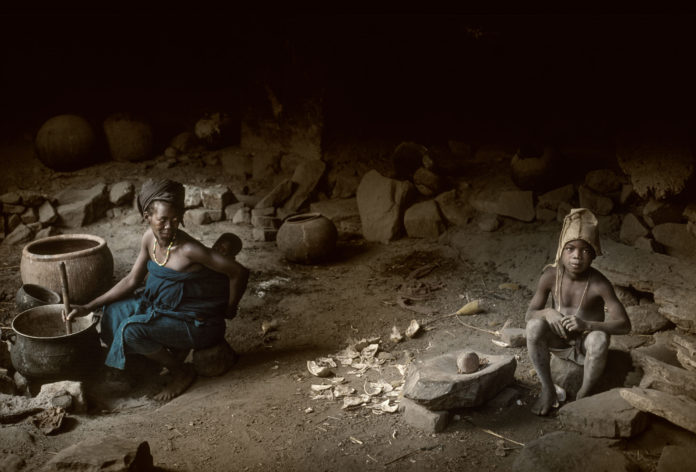The United Nations has cited that the world faces one of the worst humanitarian crises since 1945. More than 20 million people could face starvation this year. Reports from UNICEF state that over 1.4 million children could die as a result of lack of food this year.
When talking to the United Nations Security Council, UN Humanitarian Chief Stephen O’Brien said, “Already at the beginning of the year we are facing the largest humanitarian crisis since the creation of the United Nations. Now, more than 20 million people across four countries face starvation and famine. Without collective and coordinated global efforts, people will simply starve to death. Much more will suffer and die from the disease.”
Mr. O’Brien said that the United Nations required funding of up to $3.4 billion by July so as to stop this crisis from happening.
In Africa, countries facing imminent starvation include Nigeria, South Sudan, and Somalia. These countries were cited by Mr. O’Brien during his address. The fourth country he pointed out was Yemen.
Reports from UN Agencies say that 100,000 people are currently under starvation in South Sudan. Further, another million South Sudanese could suffer from famine this year. The United Nations further reports that this is the worst case amongst the food emergencies, with over 40 percent of the country’s population requiring “urgent food, agriculture and nutrition assistance.”
Ravaging war since 2013 has caused chaos and underdevelopment throughout South Sudan. As such, citizens of this country cannot undertake consistent economic activities. This has led to the current food situation in the country. Further, there are claims that President Salva Kiir has blocked food aid in some areas. These accusations have been denied by government authorities. Reports of the attack and looting of humanitarian aid vehicles have also been reported.
In Nigeria, the UN has estimated that 75,000 children could starve to death this year. Further, 7.1 million people in Nigeria and around the Lake Chad region have had their state described as “severely food insecure” by reports from the United Nations. These figures have only come to light as Boko Haram’s territorial rule decreases through government efforts.
Terrorist attacks, the lack of development in Nigeria as well as the failure to apply laws within the country have prevented food aid from reaching those who badly need it. Further, extensive aid theft has caused an interruption in the aid’s supply. Currently, the country’s Senate is investigating the robberies.
At the beginning of this month, 110 people were reported to have died due to starvation in just 48 hours within Somalia. Humanitarian groups see a grim year ahead for this country. This is as a result of weather patterns that are partially similar to the El Nino. The dry weather conditions have caused a lack of water throughout the country, killing numerous livestock and resulting in the death of crops as well. The UN has estimated that 6.2 million people in Somalia need urgent aid.
The lack of development in Somalia, coupled with attacks on humanitarian groups and civilians by the terrorist group Al-Shabab have rendered some places inaccessible to food aid. Additionally, piracy along Somalia’s coastline has also prevented aid from reaching many Somalis.
So far, the UN has received $90 million despite generous pledges by some fronts.




